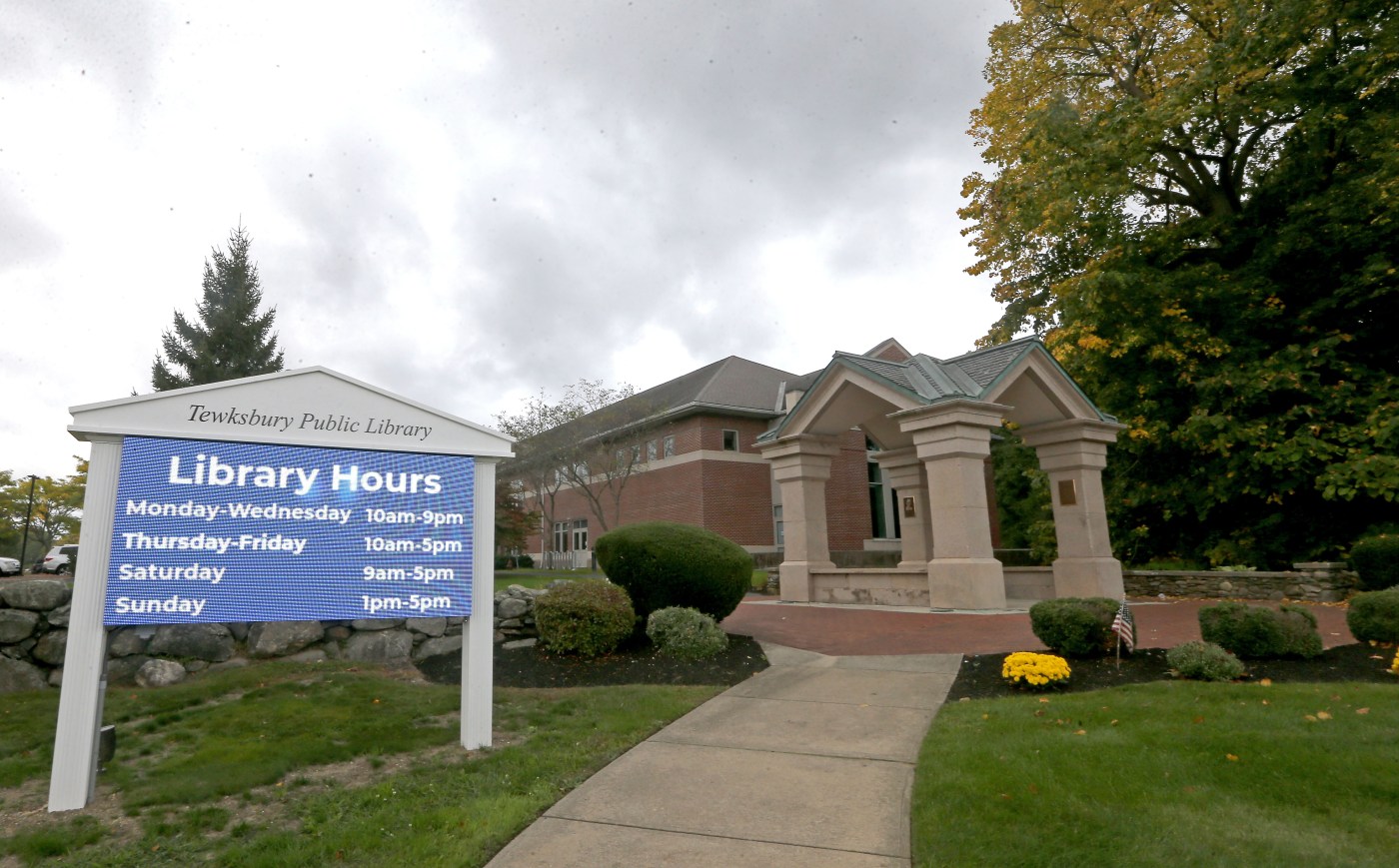
Massachusetts library’s talk on males, females in sports stirs scheduling snafus
A previously canceled talk at a Massachusetts library on the biological differences between males and females in sports is back on after officials reversed their earlier decision.
The Tewksbury Public Library has rescheduled a presentation, “Males and Females are Different, and that Matters in Sports,” to Thursday after canceling the event initially scheduled for Wednesday.
Gregory Brown, a professor of exercise science at the University of Nebraska at Kearney, alerted the Herald Tuesday evening that the library had offered to put his virtual talk on again, which the Tewksbury Town Manager’s Office confirmed.
A community notice informing people about the rescheduled talk did not detail any reasons behind the decision. Library Director Diane Giarrusso did not immediately respond to the Herald’s request for comment.
Brown’s talk, per an advertisement, highlights the differences in sports performance and the biological factors driving these differences.
“Current research findings on the effects of testosterone suppression and puberty blockers on sports performance will also be reviewed,” the ad states.
The library, on Monday, alerted those who had signed up for Brown’s Wednesday presentation that the talk would not go on, with it determining it couldn’t “facilitate a factual, good-faith presentation” on “this hot-button issue.”
Soon after, Women’s Liberation Front, a nonprofit advocacy group, scheduled Brown for a Wednesday evening presentation via Zoom.
“This cancellation is an unconstitutional violation of the First Amendment,” Women’s Liberation Front said of Tewksbury Public Library’s initial decision to cancel.
Scheduling Brown to speak provided “an alternative perspective to the one shared in a March program on this hot-button issue in our society,” Giarrusso said in a statement Monday.
That program featured a presentation from Erin Reed, a journalist and transgender rights activist, on the “complex and often misunderstood world of transgender athletes.”
In “considering” Brown’s program and resulting feedback, Giarrusso said she and her staff “discovered a lack of statistically significant research to support either viewpoint favoring or disfavoring transgender participation in sports.”
“We determined that we cannot facilitate a factual, good-faith presentation on this topic as we had hoped,” Giarrusso said. “In addition, the levels of intolerance for a discussion around this issue has brought bullying to our staff. This has created a level of unhealthy pressure on our library staff that they do not deserve.”
Massachusetts has been in the national spotlight of the transgender sports debate, with the Dighton-Rehoboth field hockey team forfeiting both of its games this season against an opponent that includes a male on its roster.
The decision, made last month, came after a scary incident last year when a D-R player, in her senior year, had to be rushed to the hospital after suffering significant facial and dental injuries on a Swampscott High School boy player’s shot that struck her in the face.
New England Women’s Solidarity, a grassroots coalition of feminists, pointed out how libraries across Massachusetts promoted the presentation earlier this year on transgender athletes and weren’t “subjected to controversy or abuse for it.”
“It is unfortunately typical of the debate over women’s sports that only the voices of one side are permitted and publicized, and it’s never the side that supports female athletes,” the group said in a statement.


